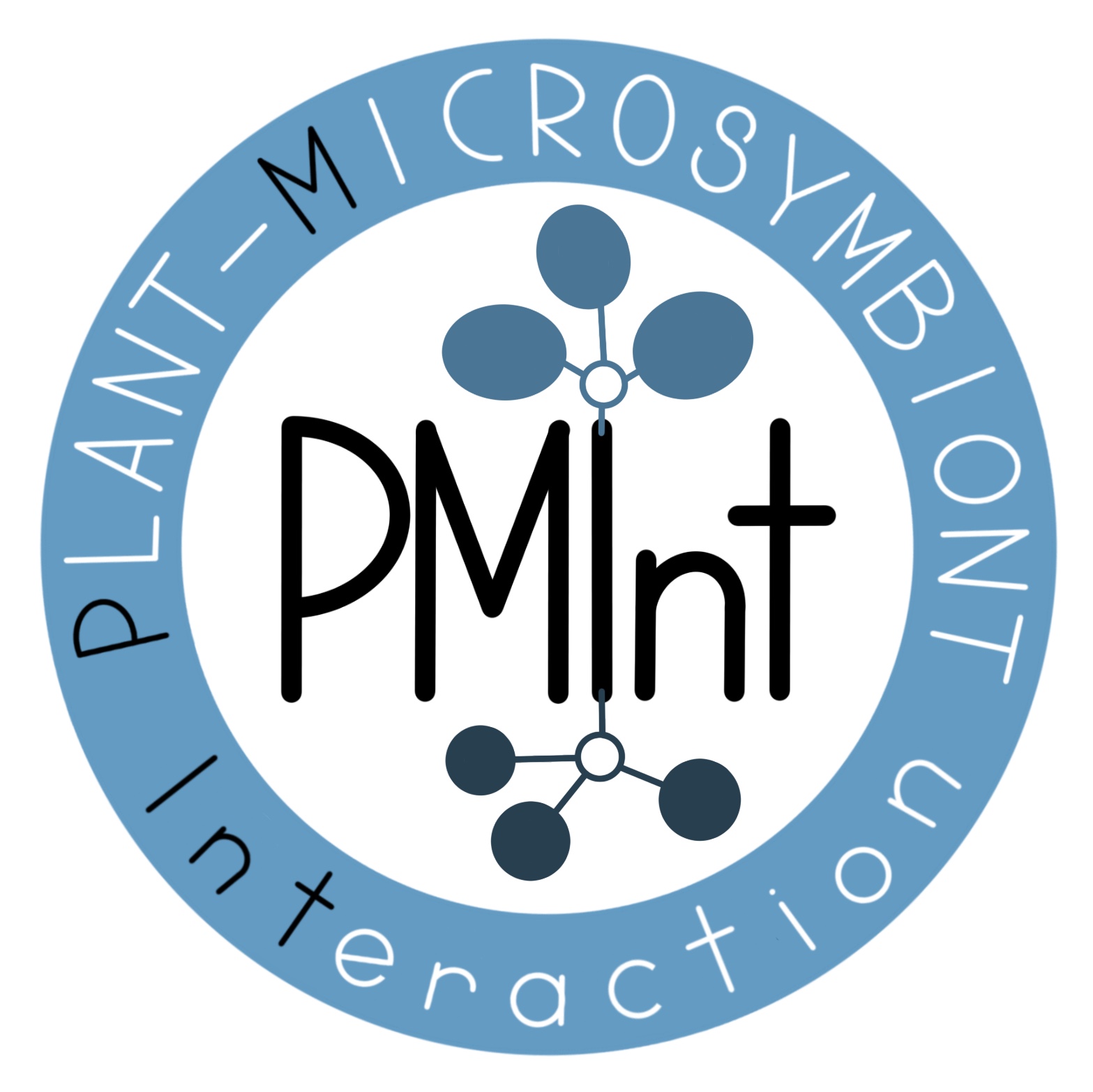
|
 |
a) Peer-reviewed
- S. Schneider, R. Turetschek, R Wedeking, M. Wimmer and S. Wienkoop (2019)
A protein-linger strategy keeps the plant on-hold after rehydration of drought-stressed Beta vulgaris
Frontiers in Plant Sciences - Plant Breeding
- D. Lyon, Ma.A. Castillejo, V. Mehmeti, C. Staudinger, S. Wienkoop (2016).
Drought and recovery: independently regulated processes highlighting the importance of protein turnover dynamics and translational regulation in Medicago truncatula.
Molecular & Cellular Proteomics
Download: http://www.ncbi.nlm.nih.gov/pubmed/27001437
- C. Staudinger, E. Gil, V. Mehmeti, E. M. González, F. Hofhansl, G. Bachmann, S. Wienkoop (2016).
Evidence for a rhizobia-induced drought stress response strategy in Medicago truncatula.
J Proteomics DOI: 10.1016/j.jprot.2016.01.006
Download: http://www.ncbi.nlm.nih.gov/pubmed/26812498
- E. Gil-Quintana, E. Larrainzar D. Lyon, S. Wienkoop and E. M. González (2015). Medicago truncatula and Glycine max:
a different drought tolerance and a similar local response of the root nodule proteome.
J Proteome Research 14(12):5240-51
Publication: http://www.ncbi.nlm.nih.gov/pmc/articles/PMC3988089/
- D. Lyon, M.A. Castillejo, C. Staudinger, W.
Weckwerth, S.Wienkoop and V. Egelhofer (2014). Automated protein turnover
calculations from 15N partial metabolic labeling LC/MS shotgun proteomics data.
Plos One. doi: 10.1371/journal.pone.0094692
Software: http://promex.pph.univie.ac.at/protover/
Publication: http://www.ncbi.nlm.nih.gov/pmc/articles/PMC3988089/
- C. Staudinger, V. Mehmeti, R. Turetschek, D. Lyon, V. Egelhofer and S. Wienkoop (2012).
Possible role of nutritional priming for early salt and drought stress responses in
Medicago truncatula. Frontiers Plant Proteomics. doi: 10.3389/fpls.2012.00285
Download: http://www.ncbi.nlm.nih.gov/pmc/articles/PMC3527748
Projektassoziiert:
- T. Ischebeck, L. Valledor, D. Lyon, S. Gingl, M. Nagler, M. Meijón, V. Egelhofer, W. Weckwerth (2014).
Comprehensive cell-specific protein analysis in early and late pollen development from diploid microsporocytes to pollen tube growth.
Mol Cell Proteomics doi: 10.1074/mcp.M113.028100
http://www.ncbi.nlm.nih.gov/pmc/articles/PMC3879621
-M. Sainz, L. Calvo-Begueria, C. Pérez-Rontomé, S. Wienkoop, J. Abián, C. Staudinger, S. Bartesaghi, R. Radi, and M. Becana (2014).
Leghemoglobin is nitrated in functional legume nodules in a tyrosine residue within the heme cavity by a nitrite/peroxide-dependent mechanism.
Plant Journal doi: 10.1111/tpj.12762.
- A. Mari, D. Lyon, L. Fragner, P. Montoro, S. Piacente, S. Wienkoop, V. Egelhofer, W. Weckwerth (2012).
Phytochemical
composition of Potentilla anserina L. analyzed by an integrative GC/MS and LC/MS metabolomics platform.
Metabolomics doi:10.1007/s11306-012-0473-x
Download:
http://www.ncbi.nlm.nih.gov/pmc/articles/PMC3651535
b) Buchkapitel
- R. Turetschek, C. Staudinger, S. Wienkoop (2018)
Rhizobial symbiosis influences response to early salt and drought stress of the Medicago truncatula root proteome.
The Model Legume Medicago truncatula. F. J. de Bruijn (Editor), Wiley (im
Druck)
- E.M. González, E. Larrainzar, S. Wienkoop, D. Marino and E. Gil-Quintana C. Arrese-Igor (2015). Physiological responses of N2-fixing legumes to water limitation. In: Legume Nitrogen Fixation in a Changing Environment. Ed. S. Sulieman & L.-S. Phan Tran. Springer International Publishing, pp 5-33 DOI10.1007/978-3-319-06212-9_2
- M.A. Castillejo, C. Staudinger, V. Egelhofer and S. Wienkoop (2014).
Medicago truncatula proteomics for systems biology: novel rapid shotgun LC-MS approach for relative quantification based on Full-Scan Selective Peptide Extraction (Selpex). Chapter 22 In: Plant Proteomics Methods and Protocols. Ed. J.V. Jorrin Novo, S. Komatsu, W. Weckwerth, S. Wienkoop, : Springer New York.
Abstract: http://www.ncbi.nlm.nih.gov/pubmed/24136531
c) Allgemeine Artikel
BIOSKOP - Zeitschrift der Austrian Biologist Association (ABA), Januar 2016:
http://www.austrianbiologist.at/bioskop/2016/01/leguminosen_trockenstress/
pdf: Bodenbakterien lassen Blätter von Hülsenfrüchten bei Trockenheit langsamer welken
Facultät für Lebenswissenschaften an der Universität Wien - Generating knowledge for the future (2015) No one lives alone pp 36-39
news letter
Austia Presse Agentur (APA-science), Juli 2015:
Bodenbakterien lassen Pflanzen langsamer altern
ORF.at Science, Juli 2015: Bodenbakterien halten Pflanzen frisch
Universität Wien, faculty research news, Mai 2012:
http://news-lw.univie.ac.at/faculty-research-news/Mai-2012
|
 |

|


